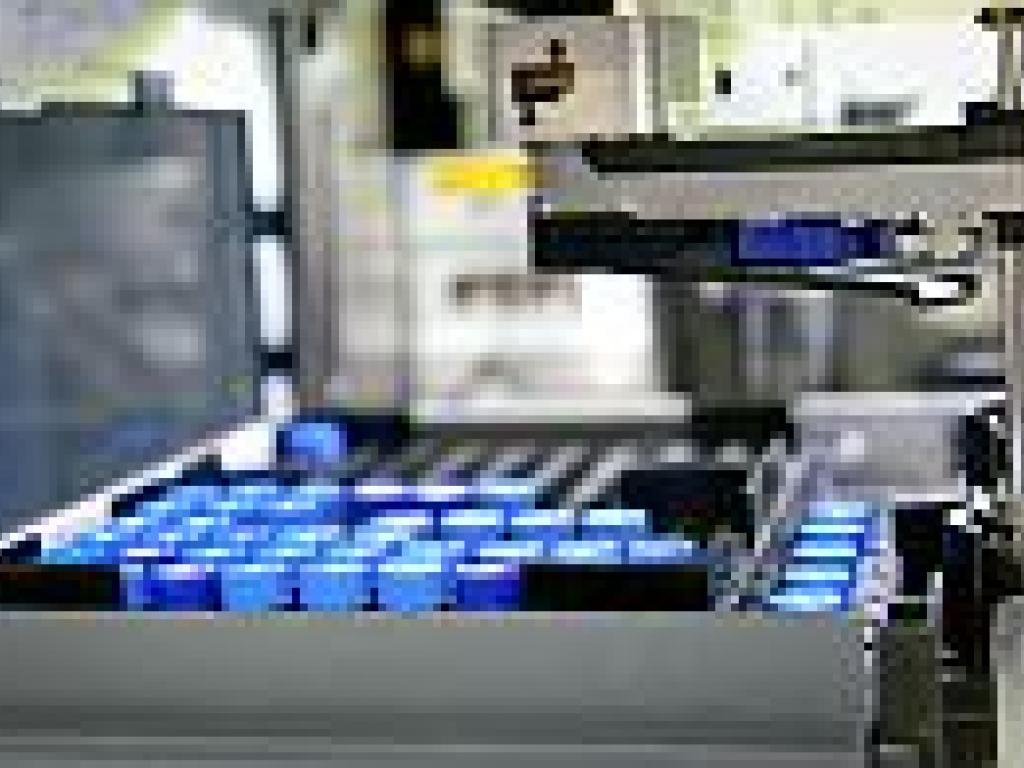Calls for more investment in science infrastructure in Africa

The founder and director of Africa’s only integrated drug discovery and development centre, H3D, at the University of Cape Town (UCT), says scientific progress in Africa is hampered by a lack of world-class scientific infrastructure.
“Many science graduates in Africa are unemployed and the situation is getting worse. Those who can successfully opt to find science jobs overseas do so,” notes Chibale.
He says there is a great need to “fund talented African scientists based in Africa to succeed, rather than just survive”, by providing world-class infrastructure. He says the continent is also facing a lack of scientific entrepreneurship and poorly developed scientific networks between different groups on the continent.
“Continuing to emphasise postgraduate (Masters and Doctoral) training without coupling it to the creation of career opportunities would merely serve to worsen unemployment and make science even more unattractive as a career option,” states Chibale.
He says that for many PhD graduates in Africa, career opportunities and the necessary infrastructure required to put their training to work is lacking in their home countries or regions.
“These have collectively encouraged the brain drain as our most talented young scientists leave the continent. Continuing with the status quo of producing more Doctoral graduates will not help.”
But the founder of H3D said it was possible to buck the trend.
Chibale went as far as suggesting that, at this juncture, serious consideration should be given to diverting some funds away from Doctoral student training programmes and to invest in scientific job creating ventures.
He argues that the training of scientists in Africa needs to be coupled to the creation of the relevant industry. This would serve the dual purpose of attracting the best talent from among the youth to pursue science and also provide actual science jobs and careers upon completion of their degrees.
“We need to proactively seek out and nurture existing pockets of excellence in Africa that are both scientifically outstanding as well as being entrepreneurial,” he told participants at a conference themed: Big Ideas for Africa: Celebrating the Continent’s Science and Technology Pioneers, in London.
He said H3D exemplifies what is possible. The centre has developed exponentially since it opened in 2011 and includes a state-of-the-art medicinal chemistry lab launched in 2015, as well as a new state-of-the-art drug metabolism and pharmacokinetics (DMPK) lab, developed last year.
The world-class infrastructure has catalysed growth and helped H3D to work more effectively on research, including on a single-dose cure for malaria, which kills more than 1 200 people a day. The centre’s research on malaria has generated widespread global interest. The centre has partnered with a range of leading national and international partners in the pharmaceutical industry, government and donors to achieve its goals.
The centre is aimed not only at training postgraduate students and postdoctoral fellows, but also at creating jobs, says Chibale. The centre has grown from a staff of five postdoctoral fellows in 2011 to a total of 58 staff members, most of them scientists.
The centre is working on innovative solutions to combat various diseases prevalent in Africa, such as tuberculosis, malaria and drug-resistant infections of bacterial origin that are not responding to existing antibiotics.
Chibale raised these concerns during a keynote address to the fifth Science in Africa UnConference in London hosted by Planet Earth Institute (PEI) – an international nongovernmental organisation and charity working for the scientific independence of Africa.
EDITED BY: CREAMER MEDIA REPORTER
